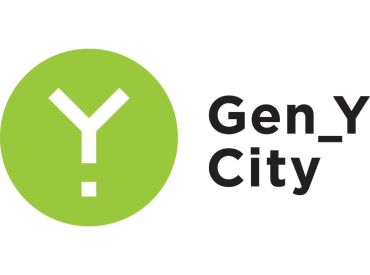The partner cities from this Implementation network have a common need to improve the implementation of their existing integrated urban strategies and action plans by including new approaches linked to creative and cultural industries (CCI) – creative places, people, and businesses. The joint policy challenge for the network is to better facilitate the above 'creative ecosystem' to be able to attract (more) creative entrepreneurs and boost creative entrepreneurship in dedicated urban areas, this comprises activities that create economic value through the generation and exploitation of intellectual property. A city is able to mobilise ideas, talents and creative organisations when it knows how to foster a creative milieu by identifying, nurturing, attracting and sustaining talent. Local governments all over the world are increasingly becoming aware of the CCI’s potential to generate jobs, wealth, and cultural engagement.










